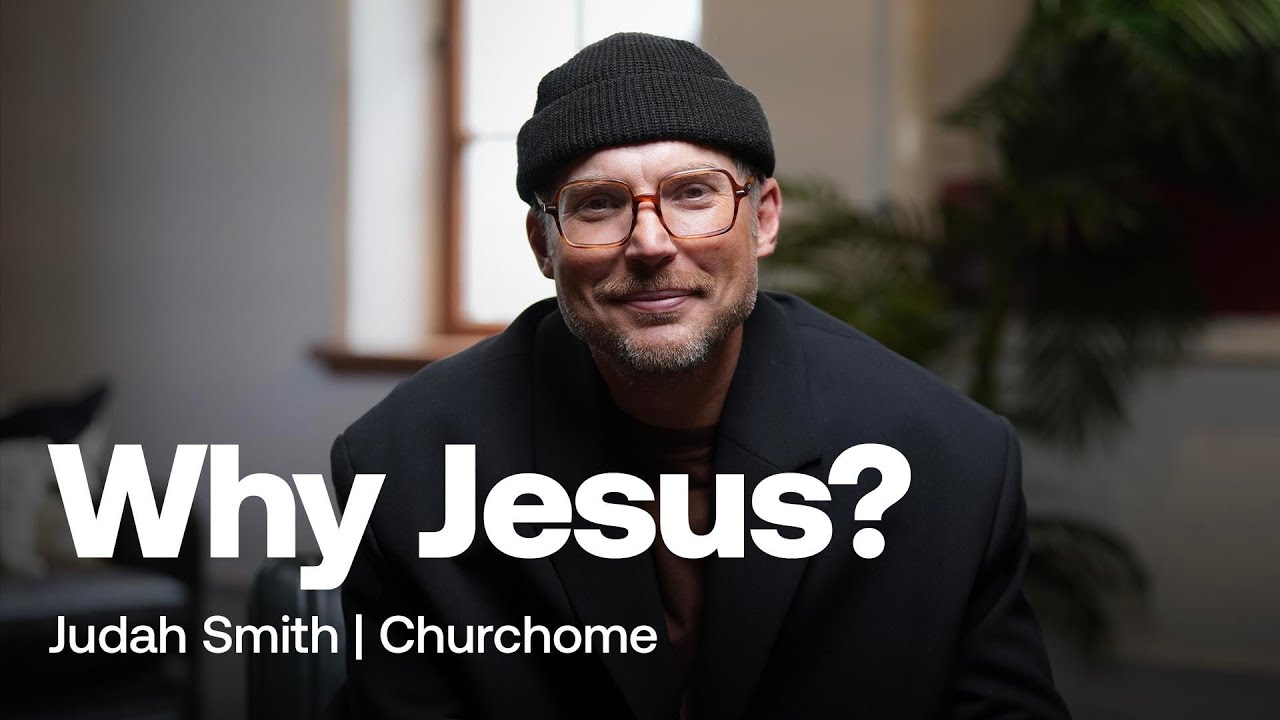The Fundamental Difference Between Stories And Reality
Summary
TLDRThis video delves into the power of storytelling and the enduring influence of the 'hero’s journey' on our lives. It explores how we tend to view our personal experiences through a heroic lens, often shaping our narratives to create meaning and coherence. The script reflects on how these stories, especially the monomyth, impact both our individual identities and societal expectations. The speaker highlights the tension between how we experience our lives in the moment, uncertain of our outcomes, and the way we retroactively attribute meaning to our actions. The video hints at a deeper exploration of these themes in the next installment.
Takeaways
- 😀 Stories, like all forms of art, reflect life but are structured very differently from our real experiences.
- 😀 The hero's journey, as defined by Joseph Campbell, is a common structure in many stories, involving a hero's transformation through adventure.
- 😀 In contrast to the hero's journey, our own lives often feel messy and lack the clear purpose that defines story arcs.
- 😀 Popular stories like *Star Wars*, *The Lord of the Rings*, and *Harry Potter* follow the hero’s journey, where the hero is destined for greatness.
- 😀 In a hero's journey, the hero is often called to adventure by an external force, which disrupts their ordinary world and leads to transformative experiences.
- 😀 Tragic stories, like *Game of Thrones* and *Breaking Bad*, also follow a similar structure but end in downfall due to the hero’s character flaws.
- 😀 The fundamental difference between stories and reality is that in stories, the journey is often predetermined, whereas in real life, we experience events without knowing their outcome in advance.
- 😀 The perception of being destined for a greater purpose, as seen in many fictional heroes, is something we tend to project onto our own lives when retelling our stories.
- 😀 Stories are often told backwards, with meaning imposed on past events to create a cohesive narrative that feels purposeful.
- 😀 The desire to see our lives as adventures stems from our need for meaning and coherence, and our tendency to shape our personal stories in a way that mirrors the structure of hero narratives.
- 😀 Although certain stories, especially in art-house films, subvert traditional heroic structures, mainstream films still tend to follow the monomyth in some form because of its universal appeal.
Q & A
What is the primary theme discussed in the video script?
-The primary theme of the video revolves around the concept of storytelling, particularly the 'hero's journey,' and how it shapes not only our understanding of narratives but also our personal identities and society as a whole.
How does the speaker describe the tendency to view historical figures?
-The speaker explains that we often retell the stories of historical figures as though their achievements were inevitable, separating their stories from the uncertainties that accompany our own lives. This creates the illusion that their success was 'destined' or predetermined.
What distinction does the speaker make between how we live our lives and how we view historical figures?
-The speaker distinguishes between the two by stating that while historical figures' stories are often viewed as having a predetermined outcome, we live our lives without knowing the end result. We act with goals in mind but cannot predict if our actions will lead to success.
Why does the speaker believe people are obsessed with heroic adventures?
-The speaker argues that people are increasingly focused on turning their lives into exciting, memorable adventures because they desire their lives to be meaningful and coherent, often framing their experiences as significant steps toward a greater purpose.
What is the 'hero's journey' and why is it significant in storytelling?
-The 'hero's journey' is a narrative framework found in many stories, where a protagonist undergoes a transformative adventure. It is significant because it has been deeply ingrained in human culture and is often used as a lens through which individuals view their own lives and struggles.
How does the speaker suggest storytelling influences personal identity?
-The speaker suggests that storytelling influences personal identity by framing our lives as if they are adventures. We tend to see ourselves as the heroes of our own stories, interpreting experiences as essential parts of our larger, often self-constructed, narratives.
What does the speaker mean by 'the monomyth'?
-The 'monomyth' refers to the common underlying structure found in most heroic tales, as described by Joseph Campbell. It outlines a universal pattern of adventure, transformation, and return that many stories, including our personal narratives, tend to follow.
What future content does the speaker promise to explore?
-The speaker promises to further explore the history of the heroic adventure and how it evolved to become the foundation not only for storytelling but also for shaping personal identities, in a future video.
Why does the speaker recommend Joseph Campbell's work to the audience?
-The speaker recommends Joseph Campbell's work, particularly 'The Hero with a Thousand Faces,' as it provides a deeper understanding of the hero's journey and its influence on both storytelling and our understanding of ourselves.
What is the call-to-action at the end of the video?
-The speaker encourages the audience to explore Audible's vast collection of audiobooks, offering a 30-day trial that includes access to Joseph Campbell's works and other audiobooks related to the themes of storytelling and the hero's journey.
Outlines

此内容仅限付费用户访问。 请升级后访问。
立即升级Mindmap

此内容仅限付费用户访问。 请升级后访问。
立即升级Keywords

此内容仅限付费用户访问。 请升级后访问。
立即升级Highlights

此内容仅限付费用户访问。 请升级后访问。
立即升级Transcripts

此内容仅限付费用户访问。 请升级后访问。
立即升级5.0 / 5 (0 votes)






